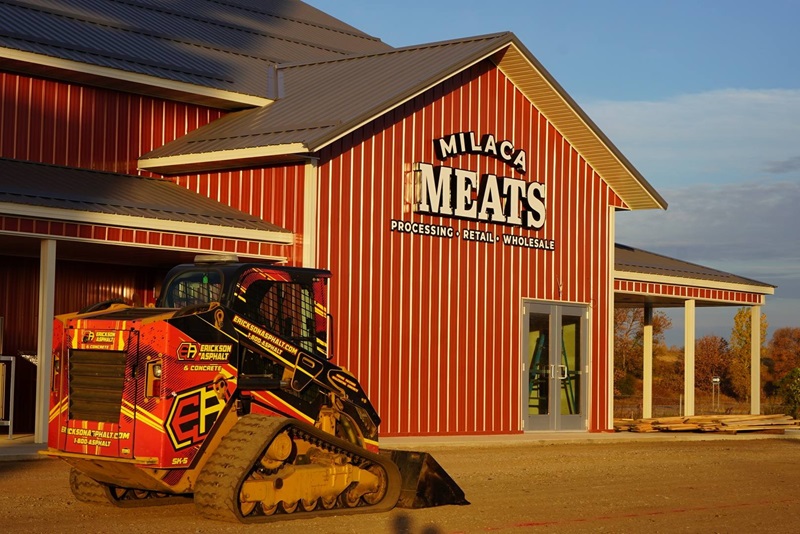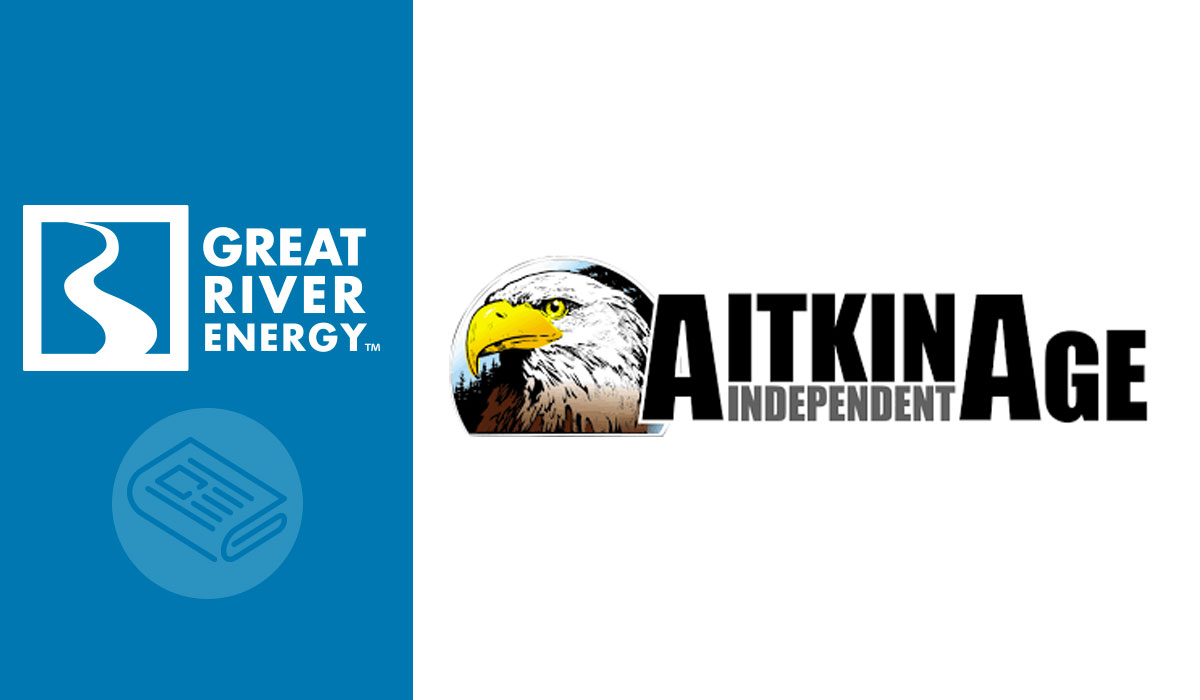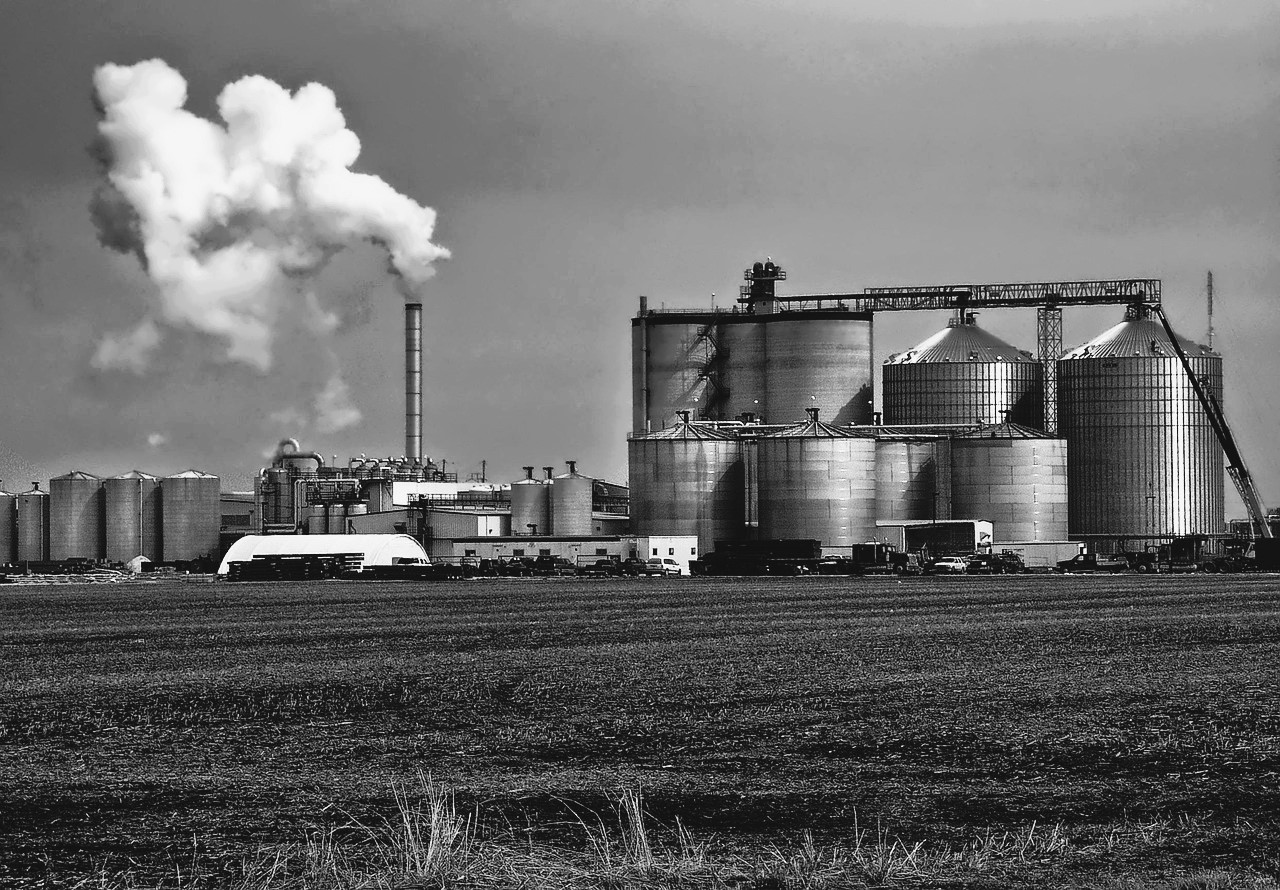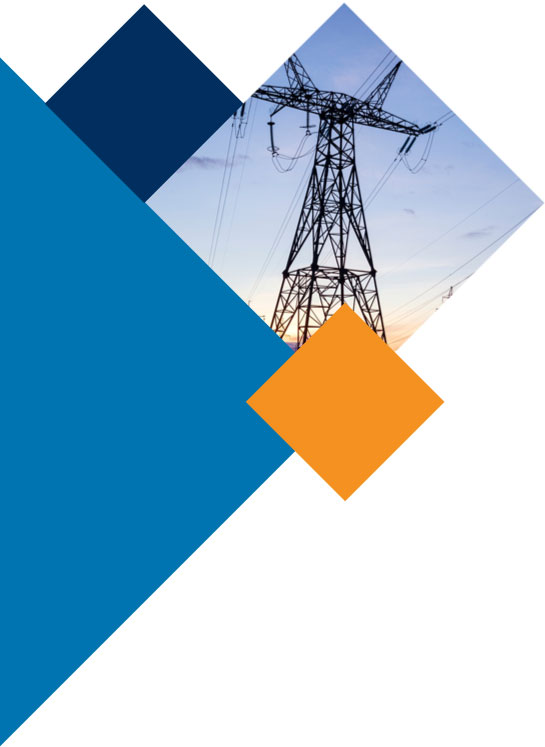Busy year for East Central Energy’s RLF program

18 Mar 2025
East Central Energy, ECE, GRE, economic development
The board of directors for Great River Energy member-owner cooperative East Central Energy (ECE) approved four new Revolving Loan Fund (RLF) loans in 2024, providing $730,000 in financing to support a variety of economic development and business expansion projects in east central Minnesota.
From food processing to fire trucks, this RLF — supported by the United States Department of Agriculture (USDA) Rural Economic Development Loan & Grant program — is having a big impact in sustaining the vibrant communities served by ECE.
Local market, processing facility receives funding
Perhaps the most visible of the recent projects to receive funding is Milaca Meats, a new retail meat market and processing facility that is under construction at the intersection of Highways 23 and 169 in Milaca. This start-up led by local entrepreneurs Sam and Alexis Johnson will consist of a 10,000-square-foot facility offering meat processing, wholesale meat sales, and a retail destination for locals and visitors to the area. This project is expected to create 20 new jobs in Milaca.
The City of Milaca sold the land for Milaca Meats back in 2023 as part of the “Milaca Junction” development, which is being positioned as an attractive location for commercial and light industrial businesses. To support this effort, East Central Energy also approved an RLF loan to the City of Milaca this summer, which the city will use to prepare an additional 13.5 acres for development along Highway 169, just south of the Milaca Meats location.
Co-op maintains commitment to community
As one of Great River Energy’s largest member-owner cooperatives, ECE serves 67,000 homes, farms and businesses across 14 counties in east central Minnesota and northwestern Wisconsin. Throughout its history, ECE has maintained an enduring commitment to economic development, from its leadership in developing shovel-ready industrial parks, to the co-op’s current investment in high-speed fiber optic internet.
This commitment begins with a focus on serving its existing cooperative members, including MINPACK, a Pine City manufacturer that has been an ECE member-owner since 1968. MINPACK provides printing, package manufacturing, assembly, and converting services to customers in a wide array of industries. Like many companies, its current focus is in adopting more efficient manufacturing processes.
With support from ECE’s RLF program, MINPACK has invested in new equipment that will allow the company to become a leader in providing paper-based packaging for items traditionally packaged in plastic. The business is also investing in a new electric forklift to allow its material moving operations to function in a more efficient, environmentally friendly manner.
The commitment cooperatives like ECE show in supporting economic development in rural communities is rooted in the seven guiding principles all cooperatives follow. The seventh principle, “Concern for Community,” takes this commitment beyond bottom-line concerns about service territories or new energy sales and serves as a guidepost for all cooperative economic development initiatives.
This is demonstrated by the final RLF loan approved by ECE this year: A low-interest loan to the city of Pine City to support the refurbishment of a replacement tanker truck for the Pine City Fire Department. The increased capacity available with the replacement tanker will better equip the fire department to respond to emergency situations across Pine City and neighboring communities.
The variety of projects and loan recipients approved for financing through ECE’s RLF program this year represent not just the cooperative’s commitment to economic development, but also the versatility of these cooperative-led financing tools. More than 80% of Great River Energy’s member-owner cooperatives have active RLF programs.
Designed to complement but not compete with bank financing and other traditional sources of capital, the RLF programs supported by the USDA REDLG program are vital tools to help round-out the project budget and level the playing field for all kinds of important projects in rural areas.
To learn more about the USDA REDLG Program and to see if an RLF program exists in your area, please contact Erin Sparks or Jeff Borling at Great River Energy today.
More Topics

Reaffirming the value of rural economic development loan & grant programs and their impact
Mar 18 2025
Strengthening the roots of rural health care
Mar 15 2025

